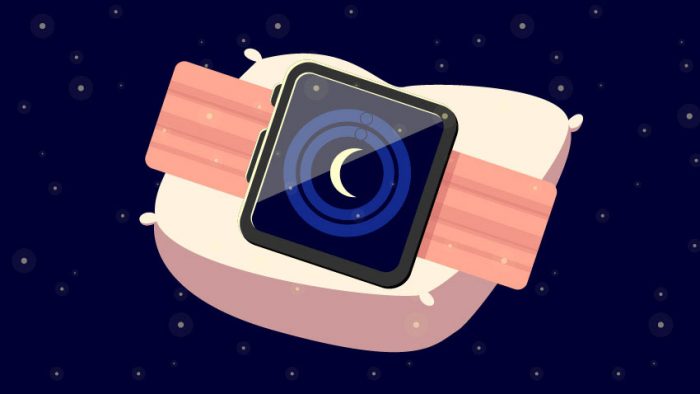
Michigan Medicine researchers have developed an algorithm to be used with consumer sleep trackers. The algorithm, built by post-doctoral research fellow in neurology Olivia Walch, outperforms expensive medical trackers. The U-M algorithm could be used on consumer wearable devices in the future and would be a more transparent, scientifically rigorous tool.
“In the future, we’ll use self-tracking as part of precision medicine,” said Cathy Goldstein, an associate professor of neurology at Michigan Medicine and a physician in its Sleep Disorders Centers. “We just have to find the right ways to adopt it. We’re getting closer with advances like this validated sleep tracking algorithm that could be device agnostic, provided manufacturers let us access motion and heart rate data.”
